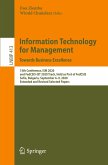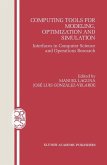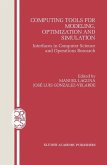Fault tolerance is a fundamental aspect of software engineering, particularly in systems where high reliability and uninterrupted operation are paramount. Within the domain of optimization algorithms-which are widely applied in areas such as artificial intelligence and operations research-fault tolerance plays a crucial role in ensuring that systems remain operational and accurate even in the presence of errors or failures.This overview examines the core principles of fault tolerance, the methodologies employed to achieve it, and its relevance in the context of optimization algorithms. These algorithms are designed to identify the optimal solution from a range of possible options. Given their computational intensity and often prolonged execution times, they are inherently vulnerable to faults. Implementing fault tolerance in such scenarios enables the optimization process to either continue seamlessly or recover effectively from disruptions.Building fault-tolerant systems involves integrating strategies such as redundancy, fault detection, and recovery mechanisms. Techniques like checkpointing and replication are commonly used to enhance system resilience.
Bitte wählen Sie Ihr Anliegen aus.
Rechnungen
Retourenschein anfordern
Bestellstatus
Storno








